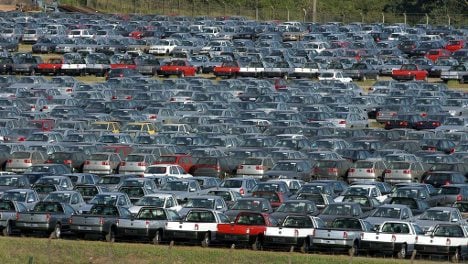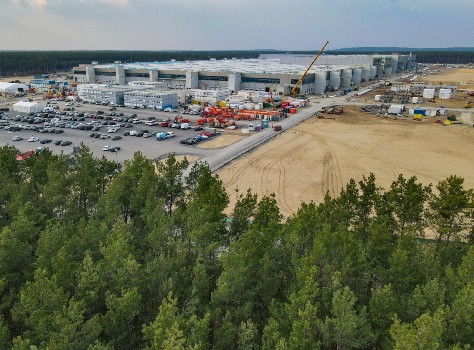The recall affects its Novo Gol and Voyage models made in Brazil before July 2009.
Volkswagen is the second biggest carmaker in Brazil after Italian group Fiat. It has sold more than 17 million vehicles in the country – Latin America’s biggest car market – since launching operations there 50 years ago.
Its announcement follows a massive worldwide recall by Toyota over accelerator and brake problems, and another by rival Japanese maker Honda in North America, Japan, Taiwan and Australia of models with a dangerous airbag faults.
Volkswagen Brazil said on its website that using the designated Novo Gol and Voyage cars “can cause noise and continuous use could lead to a blockage of the wheels. In extreme cases, the wheel can come off.”
The recall was “preventative,” it said.
It was the third such operation launched by Volkswagen in Brazil.
In April 2008, it recalled 477,000 of its Brazilian-made Fox compact models to fix a fault with the rear seat.
Eight Fox owners had their fingers mutilated and 14 suffered lesser hand injuries as they tried to fold the seat down to enlarge trunk space.
In December of that same year, 120,000 late-model Fox, Novo Gol and Voyage cars were recalled because of a brake fault.
The only other recall in Brazil’s automobile history was in 2002, when US carmaker General Motors launched a campaign to repair problems with its Corsa model.
Volkwagen made 700,000 vehicles in its three Brazilian factories last year, according to the national carmakers’ association.



 Please whitelist us to continue reading.
Please whitelist us to continue reading.
Member comments